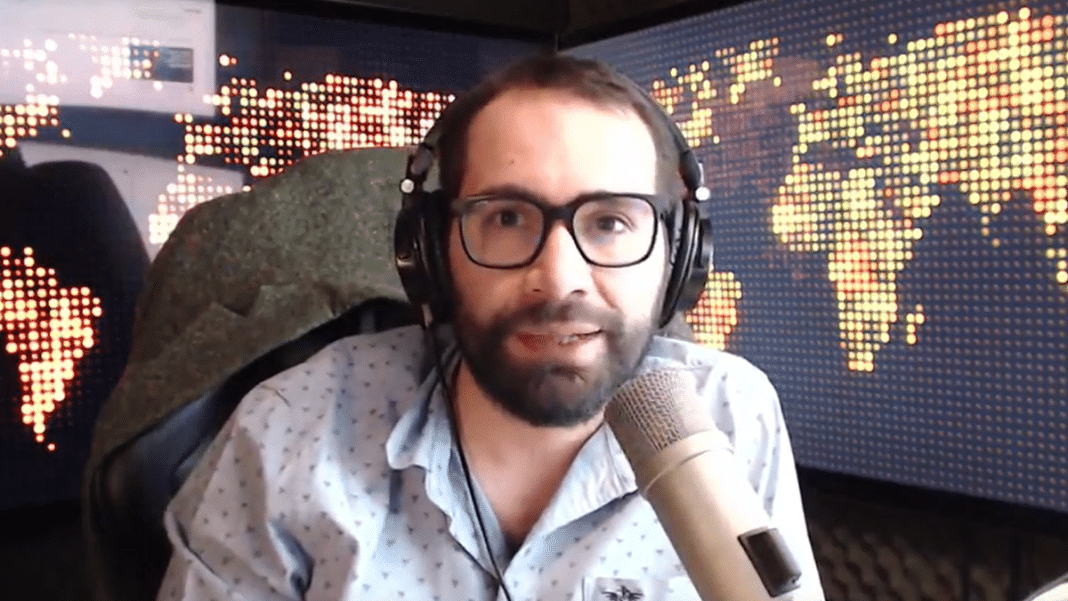Nicolás Copano Exposes the Dark Side of Claudio Reyes: A Scathing Eulogy
In a surprising turn of events, renowned communicator Nicolás Copano has stirred up controversy with his harsh words regarding the passing of beloved actor Claudio Reyes. During a recent episode of his podcast ‘Turno’, Copano openly expressed his disdain for the late comedian, going as far as to describe him as a ‘bad person‘ and admitting his inability to forge a friendship with the iconic entertainer.
A Shocking Revelation
As the podcast episode began, Copano wasted no time in addressing Reyes’ death, stating, Among the things I failed to do, I failed to become friends with Claudio Reyes, he died.
His casual, almost mocking tone, set the stage for the scathing critique that followed.
When his co-host inquired if Copano had desired to be friends with the late actor, the communicator’s response was unequivocal: Who would want to be friends with that human trash? He was a bad person.
This harsh assessment of Reyes’ character left the other panelists visibly taken aback, with one commenting that ‘there are bad dead people‘.
Copano’s Unrelenting Criticism
Doubling down on his criticism, Copano reiterated, Claudio Reyes died,
before swiftly moving on to discuss other topics, seemingly unfazed by the gravity of his words.
The news of Claudio Reyes’ passing at the age of 64 had already saddened many, as the actor was widely beloved for his iconic portrayal of the character ‘Charly Badulaque’. However, Copano’s scathing eulogy has added a new layer of controversy to the already somber event.
A Divisive Reaction
Copano’s comments have undoubtedly sparked a heated debate, with some defending his right to express his personal opinions, while others have condemned his harsh and insensitive remarks about a deceased individual. The episode has once again highlighted the complexities and sensitivities surrounding the public discourse of the dead.
Conclusion
In a surprising and controversial move, Nicolás Copano has shattered the traditional norms of eulogizing the deceased, opting instead to deliver a scathing critique of the late Claudio Reyes. This divisive episode has left the public grappling with the ethical boundaries of public discourse and the complexities of mourning those who have passed on.




